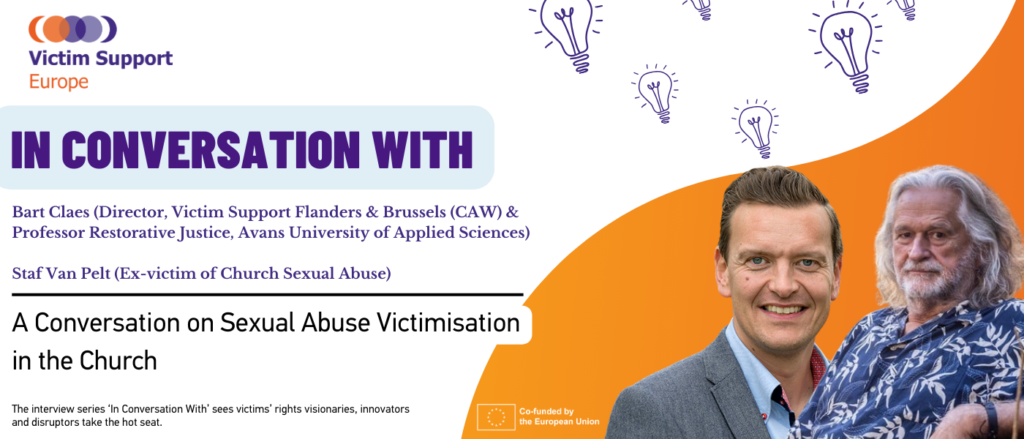Minding our own words


Most people will never get to meet us and I hope you never will; when we get called to an incident serious tragedy has struck. Often multiple people have died and we join the blue light services to set up the incident management and psychosocial emergency support for both civilians and the first responders involved.
Depending on what happened a big part of our work is to prevent many “well meant but not well done”-initiatives; when we witness tragedy this causes feelings of helplessness in us and we often smother the people affected by wanting to completely take over and control their situation. But we are not helping them if we do, we are actually mitigating our own helplessness into an action perspective.
Science and experience show that it is important to facilitate people within their personal resilience; we all have different ways of coping with difficult situations. As helpers we need
to assist people by opening up and using their own toolbox of lived experience and helpful skills. The content of this toolbox is always different from our own.
You will have noticed I have not used the word “victim” once; when we get deployed an incident and it’s investigation are still fluent, we often don’t know if there was crime involved yet. Why do we call the help we offer “victim support”? Is that ok, when science tells us how important it is to stay away from pathologizing reactions to extreme events? The core of psychosocial support is normalizing reactions; what happened to people is extreme, the (potentially very severe) reactions they experience are not. They are not ill.
When I get called I don’t view people as victims; I see survivors, I see helpers(some in uniform and many without) and I acknowledge their resilience, I empower their coping. I help them to regain control, to be able to make the most difficult decisions they will ever have to make; will I allow donation of the organs of my child? How do I inform my children? Do I want to see the body and maybe even assist in the last washing and care myself? Are there religious rituals we need to respect? I can only assist people if I encourage their own strength and not smother them in my empathy, as their emotional brain is working extremely hard already.
Why is our support called “victim support”? We also support survivors of accidents and natural disasters. They are not victims of crime. How about our blue light services, who chose to go out and certainly don’t see themselves as victims, even if they get hurt mentally or physically? How about the people who are left behind after suicide? Some countries still use wording like “selfmurder” and they even combine the word “commit” to suicide; suicide is not a crime in our part of the world. Let’s not add stigma; support after suicide is not victim support. It is suicide postvention.
Psychosocial support is coming alongside without a take over. It is being a lighthouse, when people are sailing the most severe storm possible without taking over the steering wheel of their ship. It is offering a ministry of presence; I am here for you. You have survived and I will stay with you while you will survive the next hour and help you make a survival plan for the next.
Let’s reframe. Let’s rename.
Opinion written by:
Andrea Walraven-Thissen
Critical Incident Manager



